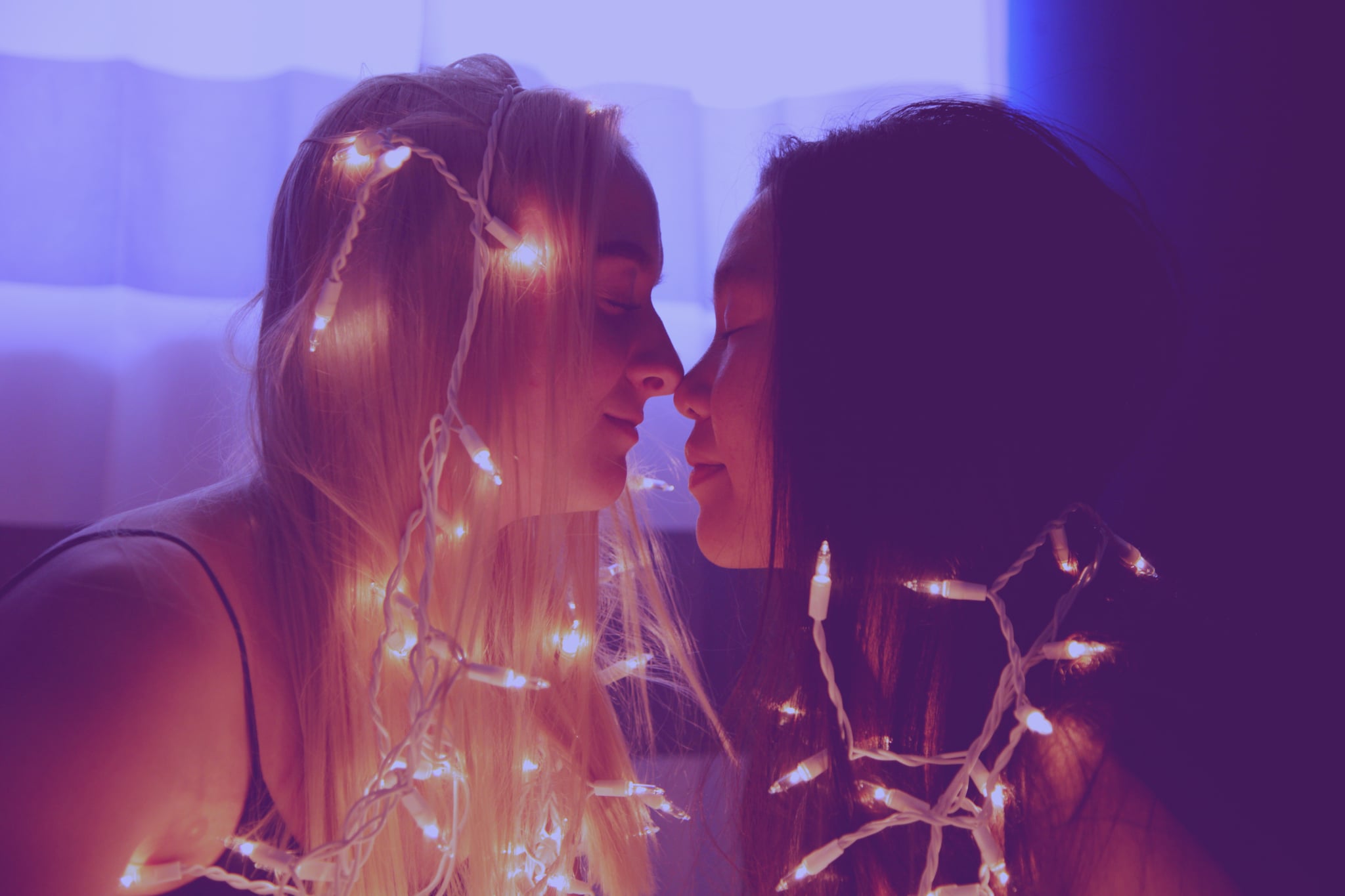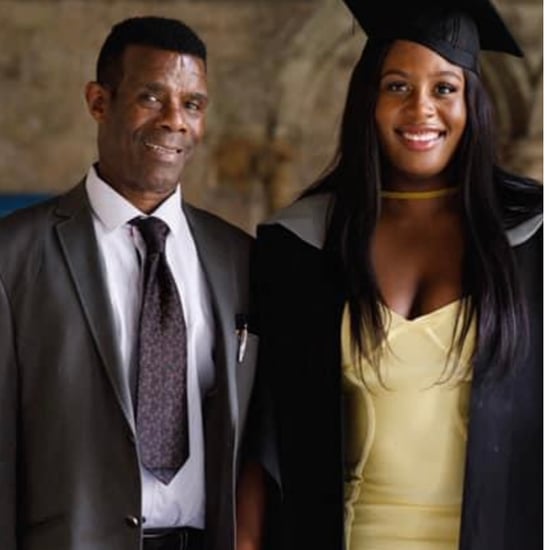People Make Me Feel Like I'm Not Bisexual Enough
People Make Me Feel Like I'm Not Bi Enough, but I'm Proud of Who I Am

In the summer of 2018, I came out as bisexual. Bisexuality is an umbrella term, with different meanings for different people. Psychology Today defines bisexuality as the romantic and/or physical attraction to more than one gender, but since many people find bisexuality to exclude nonbinary people, some prefer the title of pansexual for inclusivity. For me personally, my bisexuality means that I can be attracted to anyone of any gender — it doesn't matter.
"It's a phase."
"You'll grow out of it."
"But you're dating a man."
"You're confused."
These are things a lot of bisexual people hear daily, but the fact of the matter is that none of it is true. If you date all women, all men, nonbinary people, a mix, or none, it doesn't matter. Healthline put it best: "You and only you can determine your own sexual identity."
I asked myself, "Am I bisexual, even if I've never been with someone of the same gender?" The answer is yes. Dating someone of the opposite gender doesn't make you any less bisexual.
Because this is something I've struggled with in my own journey, I'm going to confess something that I was always afraid to say: I've never dated a woman before. I've only dated men. Why? Because every time I told a friend of mine that I identify as bisexual, their response was always the same: "Oh, have you dated a woman before?" I got tired of explaining that just because I never dated women doesn't mean I'm less bisexual, so I lied about it to make myself feel valid. I felt like a fraud. I asked myself, "Am I bisexual, even if I've never been with someone of the same gender?" The answer is yes. Dating someone of the opposite gender doesn't make you any less bisexual.
Sometimes people forget the B in LGBTQIA+ because they believe it isn't real. According to the American Psychological Association, 5.5 percent of women and two percent of men identify as bisexual. This makes it the largest single group in the community. Despite this, bisexual erasure is an ongoing issue today. According to GLAAD, bisexual erasure happens when "the existence or legitimacy of bisexuality is questioned or denied outright." If bisexual erasure persists further, there can be mental health consequences like an increase in depression.
I came out at 19 years old. While that may seem young for many people, to me, it felt like a century. I would overhear my friends saying things like, "Everyone is bisexual nowadays," or "Are these people actually bisexual, or are they just following a trend?" Being bisexual is not a phase, fad, or anything in between. I knew I was bisexual when I was seven years old. And I deeply understand not wanting to come out. Even now, almost three years after coming out, I sometimes still feel like I'm not seen or understood. I used to feel like I wasn't bisexual enough, but after looking inward, I know who I am. I know I can feel love for anyone of any gender, and so far, they've just happened to be cisgender men.
Saba Harouni Lurie, LMFT, ATR-BC, Licenced Marriage and Family Therapist and Founder of Take Root Therapy, talked to POPSUGAR about the process of coming out for young people. "Coming out isn't a one-time thing. It's more like a process that we continually negotiate and renegotiate, especially in different contexts," she explained. "It may not be safe to be completely out in every social context in your life, and that doesn't make your bisexuality less valid. Keeping yourself safe is a priority. If you want or need to be out in certain settings or with certain people and not in others, that's completely fine. Recognising and validating yourself, no matter how you present in different settings, can be beneficial for your mental health."
I remember the comments my friends used to say daily. And a lot of my family still likes to pretend my coming out never happened. I see LGBTQIA+ members getting killed and beaten for being themselves. I used to question if coming out was the right thing to do, as it just fuelled my anxiety. My anxious thoughts consisted of questions like, "Am I valid?" "Do people judge me?" "Should I have never come out?" But I remind myself daily that yes, I am valid, I don't care if people judge me, and I know coming out was the right thing to do. It's scary and tiring to remind myself these things every day, but it's worth it to know more about who I am. Bisexuality isn't a choice, but being proud of it is. And I am proud of my story.







